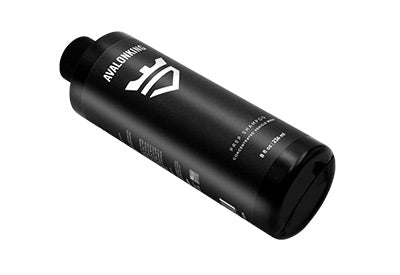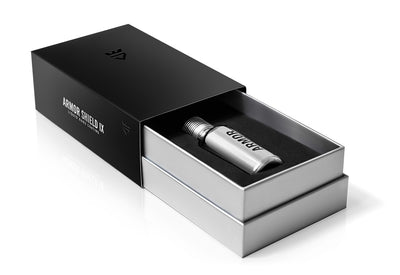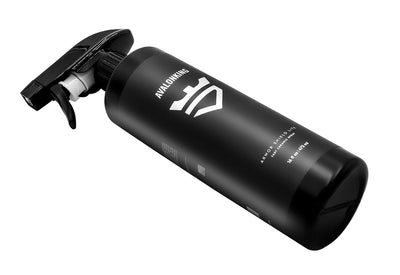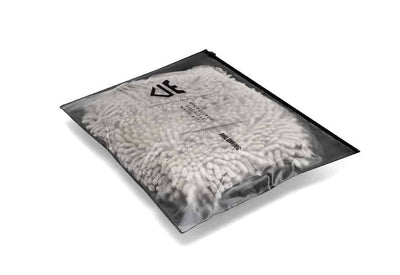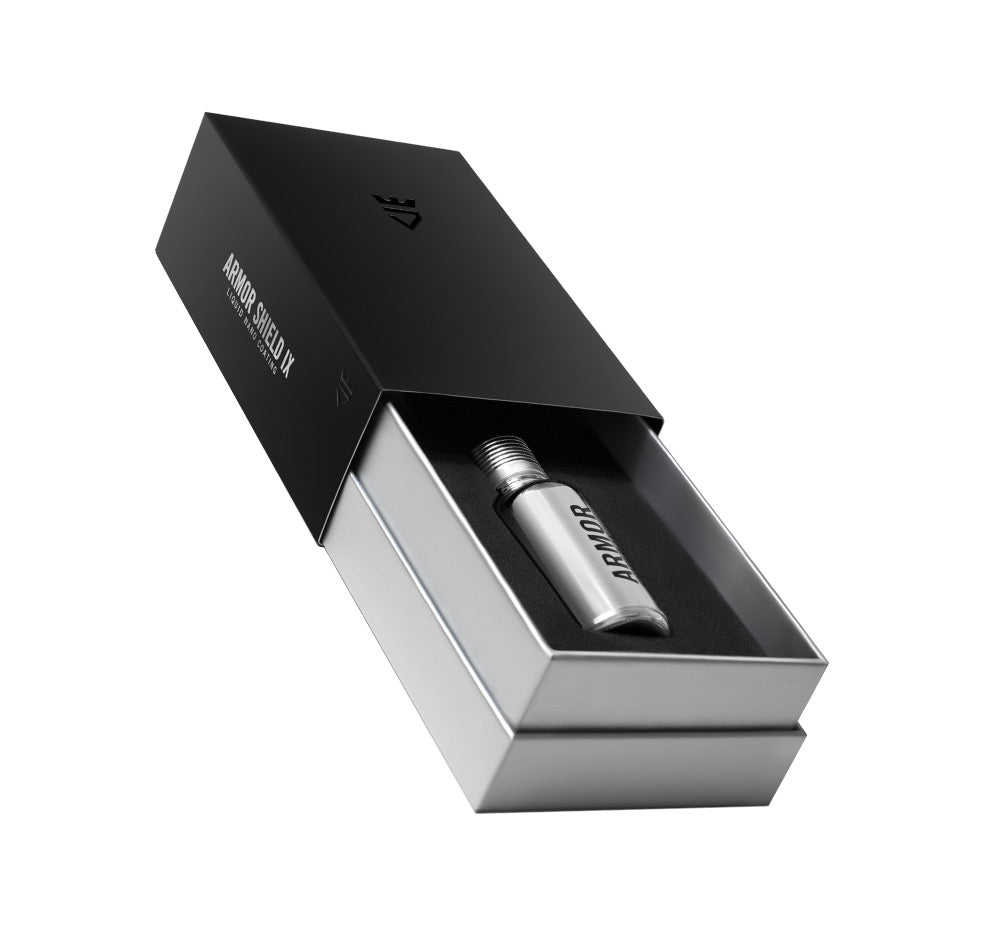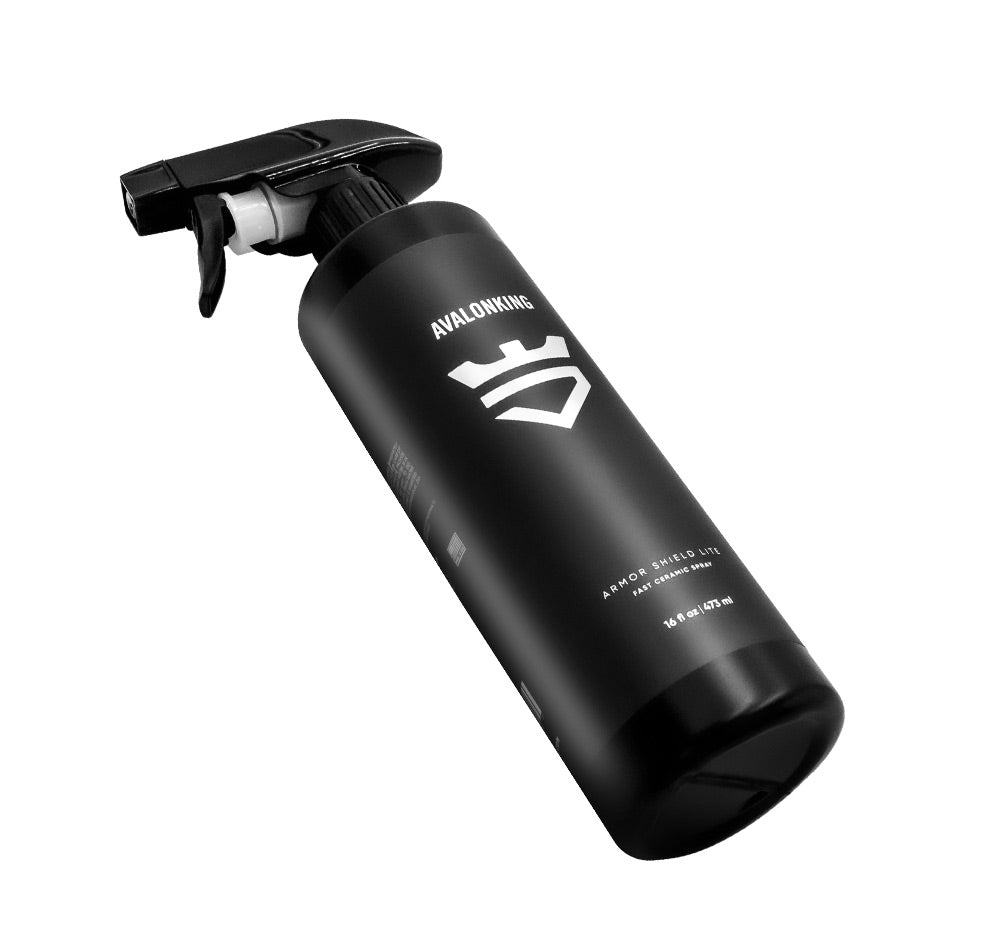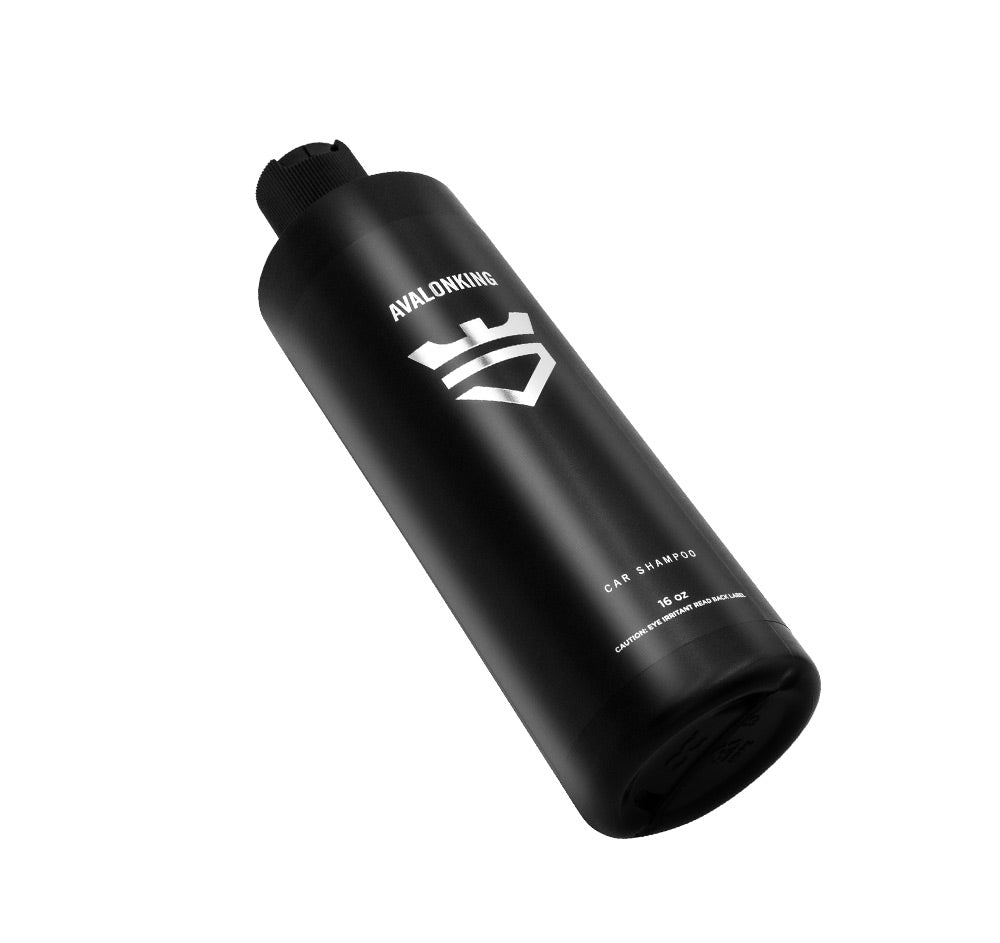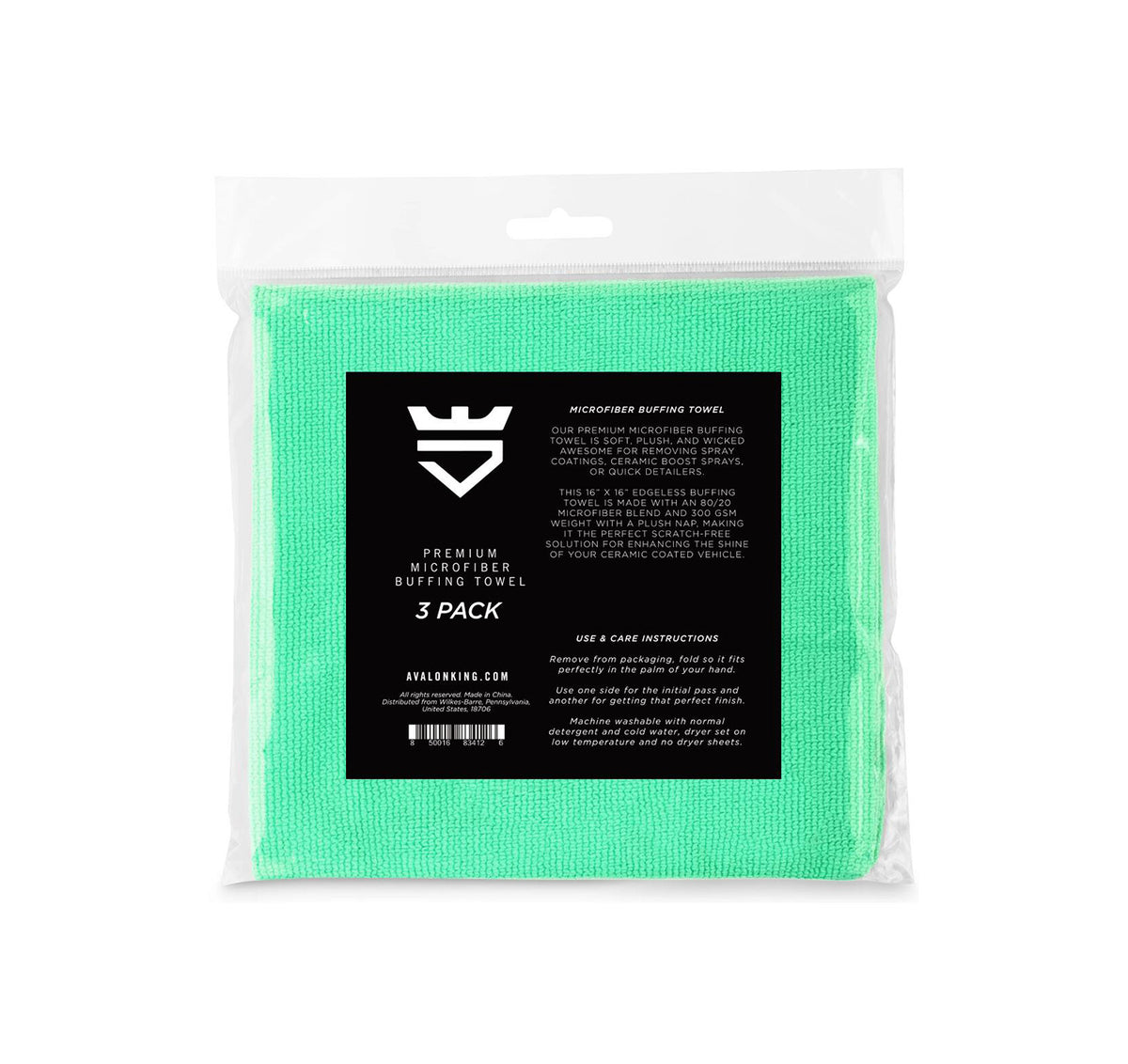What is Professional Application? Explained by AvalonKing
The term 'Professional Application' in the context of ceramic coating refers to the process of applying a ceramic coating to a vehicle by a trained and certified professional. This process involves a series of meticulous steps that ensure the longevity and effectiveness of the coating. AvalonKing, a renowned name in the industry, has set high standards for professional application of ceramic coatings.
Professional application is not just about applying the coating; it's about preparing the surface, applying the coating correctly, and then maintaining it. This article will delve into the intricacies of professional application, as explained by AvalonKing, and will provide a comprehensive understanding of the process.
Understanding Ceramic Coating
Ceramic coating is a liquid polymer that is applied to the exterior surfaces of a vehicle. Once cured, it forms a hard, protective layer over the vehicle's paint. This layer is resistant to UV rays, chemicals, heat, and even minor scratches. It also has hydrophobic properties, which means it repels water, making the vehicle easier to clean and maintain.
The primary purpose of a ceramic coating is to preserve the vehicle's paintwork and enhance its appearance. It does this by creating a barrier between the vehicle's paint and the environmental elements that can cause damage, such as bird droppings, tree sap, and road salt. However, it's important to note that while ceramic coating offers many benefits, it is not a cure-all solution and does not eliminate the need for regular cleaning and maintenance.
Components of Ceramic Coating
The main component of a ceramic coating is silicon dioxide (SiO2), also known as silica. Silica is a naturally occurring compound that is known for its hardness and resistance to heat and chemicals. In a ceramic coating, silica forms a network of nano-sized particles that bond to the vehicle's paint, creating a durable and protective layer.
Other components of a ceramic coating may include titanium dioxide (TiO2), which enhances the coating's UV resistance, and various polymers that improve the coating's flexibility and adhesion. The exact composition of a ceramic coating can vary depending on the manufacturer and the specific product.
The Process of Professional Application
The process of professional application involves several steps, each of which plays a crucial role in ensuring the effectiveness and longevity of the ceramic coating. These steps include surface preparation, coating application, and curing.
It's important to note that the process of professional application requires specialized equipment and skills. It's not something that can be done effectively by a novice or with a DIY kit. This is why it's recommended to have your vehicle coated by a certified professional.
Surface Preparation
Surface preparation is the first and arguably the most important step in the process of professional application. This step involves thoroughly cleaning the vehicle to remove any dirt, dust, or contaminants that could interfere with the adhesion of the ceramic coating.
The vehicle is first washed with a high-quality car shampoo to remove loose dirt and grime. Then, a clay bar is used to remove any embedded contaminants from the paint surface. Finally, the vehicle is polished to remove any swirl marks or scratches and to create a smooth, even surface for the coating to bond to.
Coating Application
The next step in the process of professional application is the actual application of the ceramic coating. This is done using a specialized applicator pad that ensures an even distribution of the coating on the vehicle's surface.
The coating is applied in a cross-hatch pattern to ensure complete coverage. After the coating is applied, it is left to bond with the vehicle's paint for a certain period of time, usually around 1-2 minutes. Then, any excess coating is buffed off with a microfiber towel.
Curing
After the ceramic coating is applied, it needs to cure. Curing is the process by which the coating hardens and bonds to the vehicle's paint. This process can take anywhere from 24 hours to a week, depending on the specific product and environmental conditions.
During the curing process, it's important to keep the vehicle dry and out of direct sunlight. Any water or heat can interfere with the curing process and affect the performance of the coating. Once the coating is fully cured, it will provide a high-gloss finish and superior protection for the vehicle's paint.
Maintenance of Ceramic Coating
While ceramic coating provides a high level of protection for your vehicle's paint, it still requires regular maintenance to keep it looking its best and to ensure its longevity. This includes regular washing, occasional decontamination, and periodic reapplication of the coating.
Regular washing is important to remove any dirt or contaminants that could degrade the coating over time. It's recommended to wash your vehicle every two weeks using a pH-neutral car shampoo. Avoid using harsh chemicals or abrasive tools that could scratch or damage the coating.
Decontamination
Occasionally, your vehicle may need to be decontaminated to remove any contaminants that have bonded to the coating. This can be done using a clay bar or a chemical decontaminant. After decontamination, the vehicle should be washed and dried thoroughly.
It's important to note that decontamination should only be done when necessary, as it can be abrasive and potentially damage the coating. If you're unsure whether your vehicle needs to be decontaminated, it's best to consult with a professional.
Reapplication
Even with proper maintenance, a ceramic coating will eventually wear off and need to be reapplied. The lifespan of a ceramic coating can vary depending on the specific product, the quality of the application, and how well the coating is maintained. On average, a professionally applied ceramic coating can last anywhere from 2-5 years.
When it's time to reapply the coating, the vehicle will need to go through the same preparation and application process as before. This ensures that the new coating can bond effectively to the vehicle's paint and provide the same level of protection and gloss as the original coating.
Benefits of Professional Application
There are several benefits to having a ceramic coating professionally applied. First and foremost, a professional application ensures that the coating is applied correctly and evenly, which maximizes its effectiveness and longevity. Professionals have the knowledge, skills, and equipment to do the job right.
Second, a professional application can save you time and effort. Applying a ceramic coating is a labor-intensive process that requires a lot of attention to detail. By having a professional do it, you can save yourself the hassle and ensure that the job is done right.
Quality Assurance
One of the biggest benefits of professional application is the quality assurance that comes with it. When you have your vehicle coated by a certified professional, you can be confident that the job will be done to the highest standards. Professionals are trained to apply the coating correctly and to avoid common mistakes that could compromise the coating's performance.
Furthermore, many professional applicators offer warranties on their work. This means that if the coating fails or doesn't perform as expected, the applicator will fix it at no cost to you. This provides an extra level of protection and peace of mind for vehicle owners.
Customized Solutions
Another benefit of professional application is the ability to get a customized solution for your vehicle. Professionals can assess your vehicle's condition and your specific needs and recommend the best coating product and application method for you. This ensures that you get the most out of your investment in ceramic coating.
For example, if you live in a region with harsh winters, a professional might recommend a coating product with enhanced resistance to road salt. Or, if you have a classic car with a delicate paint job, a professional might recommend a gentle, non-abrasive application method. This level of customization is not possible with DIY kits or generic products.
Conclusion
Professional application of ceramic coating is a meticulous process that requires specialized skills and equipment. It involves several steps, including surface preparation, coating application, and curing, each of which plays a crucial role in the effectiveness and longevity of the coating.
While it's possible to apply a ceramic coating yourself, having it done by a professional ensures that the job is done correctly and to the highest standards. Professionals can also provide customized solutions and quality assurance, making professional application a worthwhile investment for any vehicle owner.
Ready to elevate your vehicle's shine and protection? Discover the superior quality and performance of AvalonKing's products. Whether you're looking for a professional-grade ceramic coating or premium car shampoo, we've got you covered. Check out our products today and experience the AvalonKing difference for yourself!

